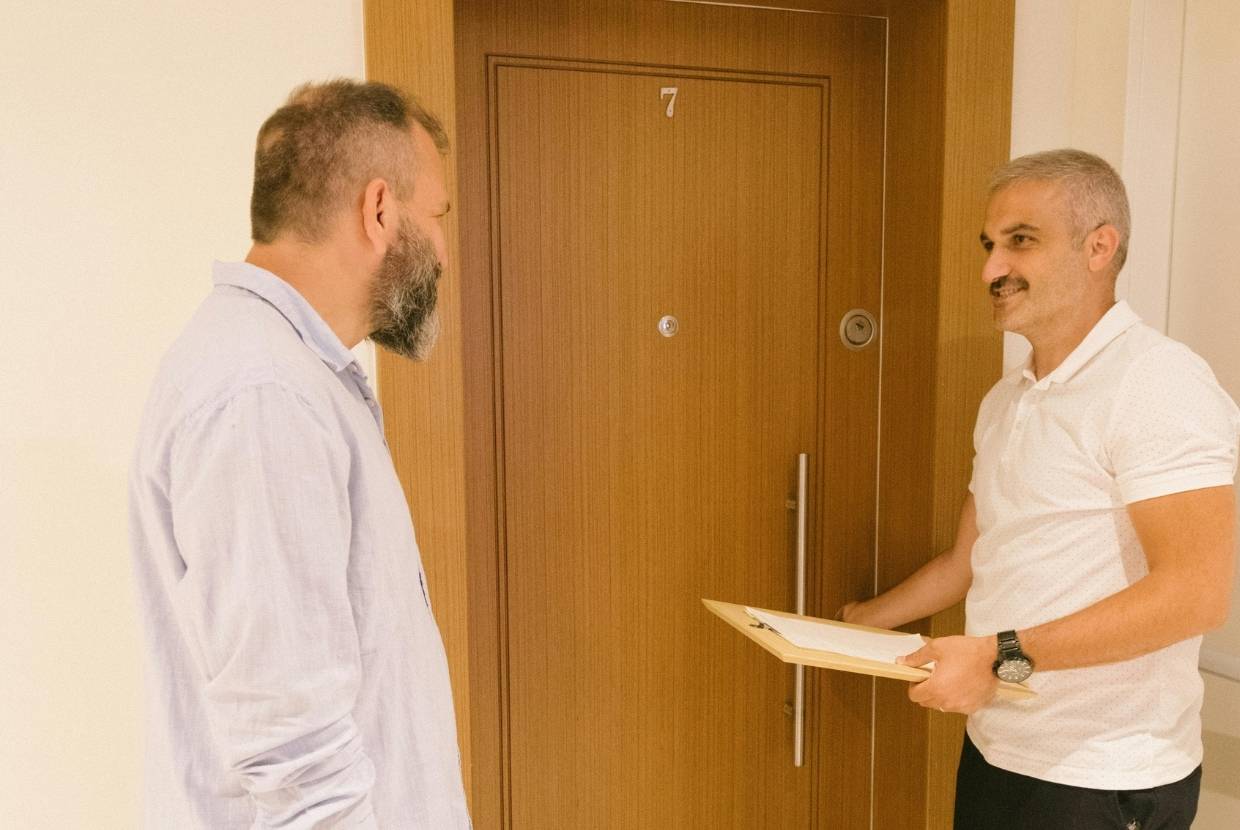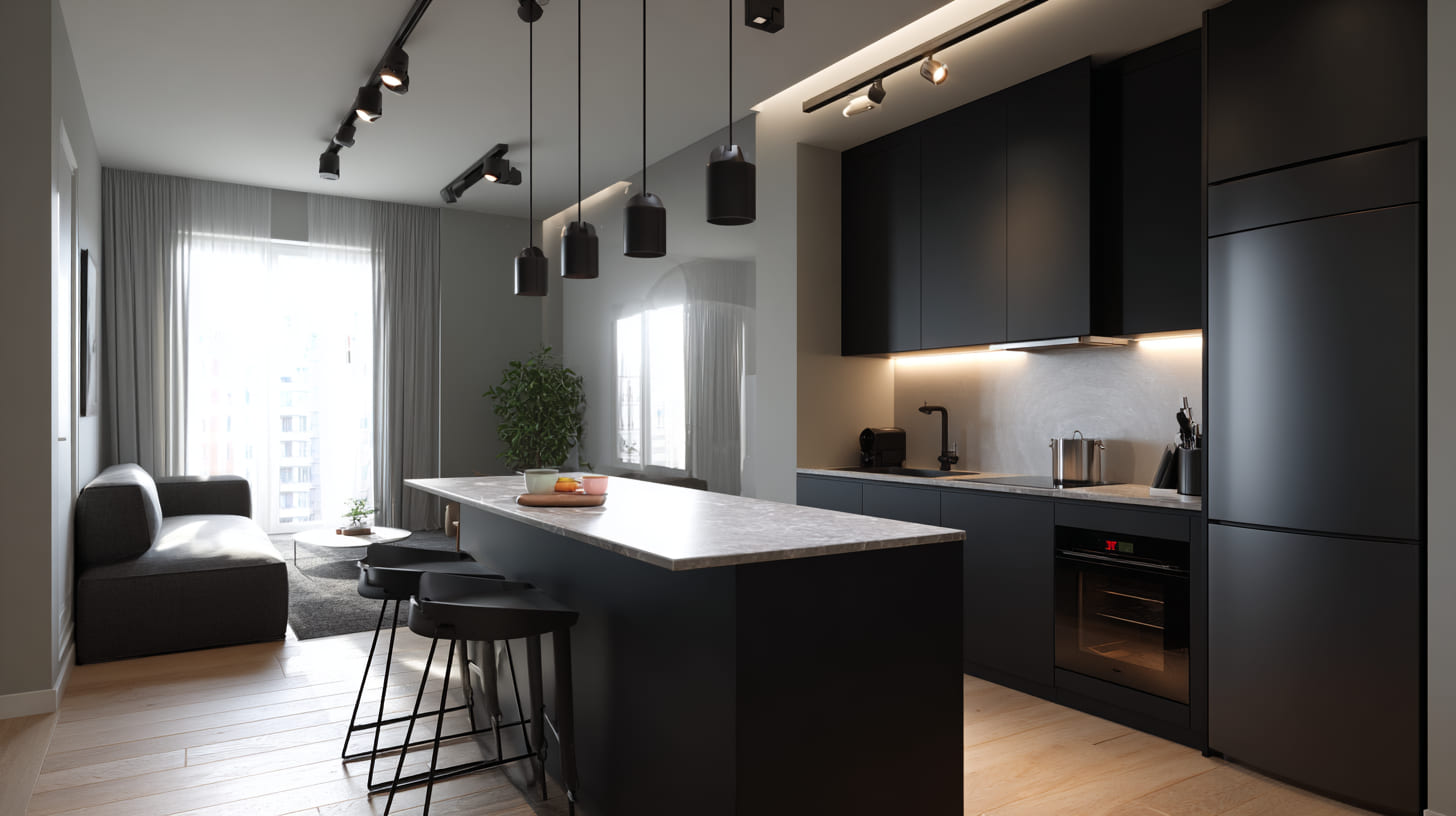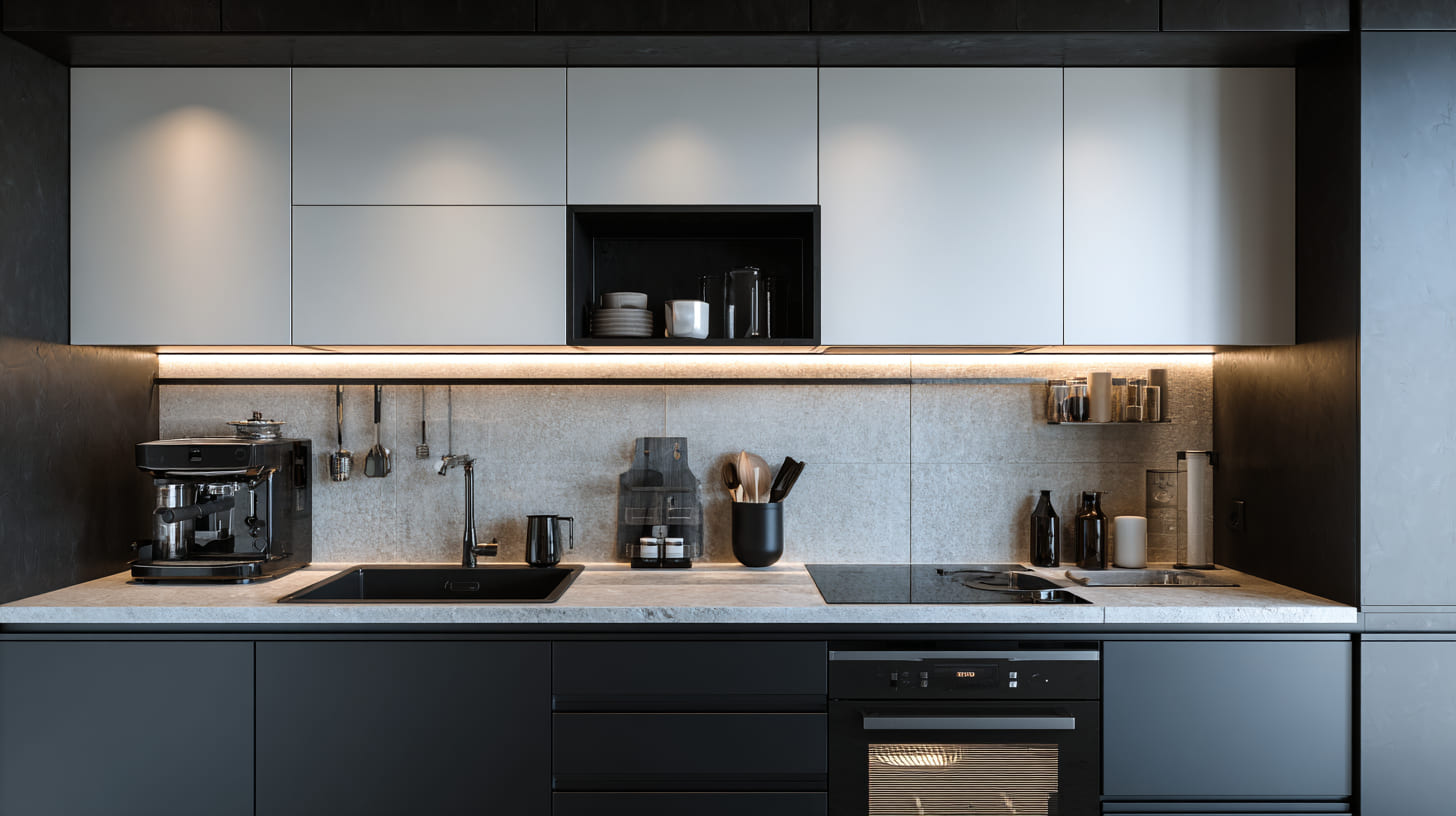When you start a home renovation, especially in an apartment, it's normal for questions to arise. Some are technical, others legal... and others come from neighbors. A fairly common one is: Can a neighbor ask me for my building permit?
And it makes sense for them to ask. Renovations generate noise, workers come and go, materials are moved through the entrance... It's easy for someone to wonder if all of this is properly authorized. Now, does he have the right to ask you directly? Are you obligated to show it to him?
The building permit is public... but not for you to give it to them.
Let's take it one step at a time. The building permit is a document issued by the City Council, not something private between you and the architect. That makes it public information. That is, any citizen can consult it—although not just like that. The way to do so is through official channels, usually through a request under the Transparency Law.
However, just because it's public doesn't mean you have to hand it over to your neighbor across the street. Your relationship is with the administration, not with other neighbors. So, if someone asks you for it, the most sensible thing to do is to tell them they can go to City Hall to inquire about it.
What can a neighbor really ask for?
The key lies in how and from whom you request information. If someone has questions about your project, it's best to contact the City Council. They process the permits, maintain the files, and, if appropriate, grant access.
And what does the City Council take into account? Basically, whether the person requesting it is affected in some way by the work or is simply curious. Because they're not the same thing.
What if you are considered “interested”?
This is where Law 39/2015 comes in, which regulates when someone has the right to intervene in a procedure. If the neighbor is adjacent, or if the construction project directly affects them—due to noise, safety, or common elements—then they could be considered interested. This gives them the right to access certain information in the file.
Now, this doesn't open the door to everything either. You have access, yes, but within limits. It's not free or total access.
How far can that access go?
Although you can request information legally, the City Council must protect sensitive data: full names, addresses, phone numbers, ID numbers, etc. All of that is excluded.
And there's another important thing: technical projects are copyrighted. This means that the plans cannot be photocopied, nor can the entire technical specifications be copied. What can be known is the basics: what type of work it is, how many meters will be touched, or whether it complies with regulations. That's all there is to it.
Am I obligated to give it to him directly?
No. If you're renovating your house and a neighbor asks to see the permit, you don't have to give it to them. That's not your role. The correct thing to do is to tell them they can go to the City Hall, which is where all this is handled.
This way, you avoid confusion, misunderstandings, and information circulating out of context. And you'll also comply with the law.
Why is it important to have your license clearly visible?
These doubts often arise when there are inconveniences: drilling, hammering, materials on the landing... And yes, they can be uncomfortable. But if your license is up to date and visible (as most municipalities require), everything changes.
That sign on the facade isn't just a formality. It inspires confidence and demonstrates that the work is authorized. It's also a way to prevent anyone from accusing you of doing something out of line.
Anyone can report, even if they are not a direct party.
There's another detail worth keeping in mind. In urban planning, there's what's called a public action. This allows anyone to report a potential violation, even if they're not the person directly affected.
What does this mean? A neighbor, even without access to the file, can file a complaint if they suspect the work is unlicensed. In this scenario, having everything in order and complying with the approved project is key. It literally has your back.
And if there is a community of owners, the issue changes.
When you live in a building with a community, the issue becomes more collective. If the renovation involves common elements (the facade, the roof, a pillar, etc.), a municipal permit isn't enough. You also need the community's approval.
In these cases, residents do have the right to request documentation proving that you have that permit. And rightly so. So there are no shortcuts here: you must have both permits, one from the City Council and one from the building.
What happens if the neighbor submits a formal request?
If the resident does so through official channels—that is, by submitting a request to the City Council—then a short administrative process begins. The City Council reviews:
- If your work's file is already closed or is still being processed.
- If the person requesting it has a direct relationship with the work.
- What data you can legally share and what you can't.
- Whether you authorize full, partial or deny access.
It's a decision made by the administration, not you or the neighbor.
How to prevent this from becoming a problem
To keep everything running smoothly and avoid unnecessary tension, there are some good practices that help a lot:
- Inform the community in advance that you have a license.
- Place the sign in a clearly visible location.
- Take care of schedules and respect rest.
- Have an official copy on hand, in case the City Council asks for it.
None of this is complicated, and it can save you a lot of trouble.
At Tecnic Project, we are specialists in apartment renovations in Mallorca.
At Tecnic Project , we've been helping families renovate their homes for years, but without getting into trouble. We know that it's not all about construction: there are also paperwork, permits, and those legal questions that don't always have clear answers. Like the question "Can a neighbor ask me for my building permit?", which is more common than you might think.
If you're looking for a reliable and friendly team to carry out apartment renovations in Mallorca, we're here. We speak clearly, work in an organized manner, and are with you from the first step to the last detail. Ask us without obligation.




